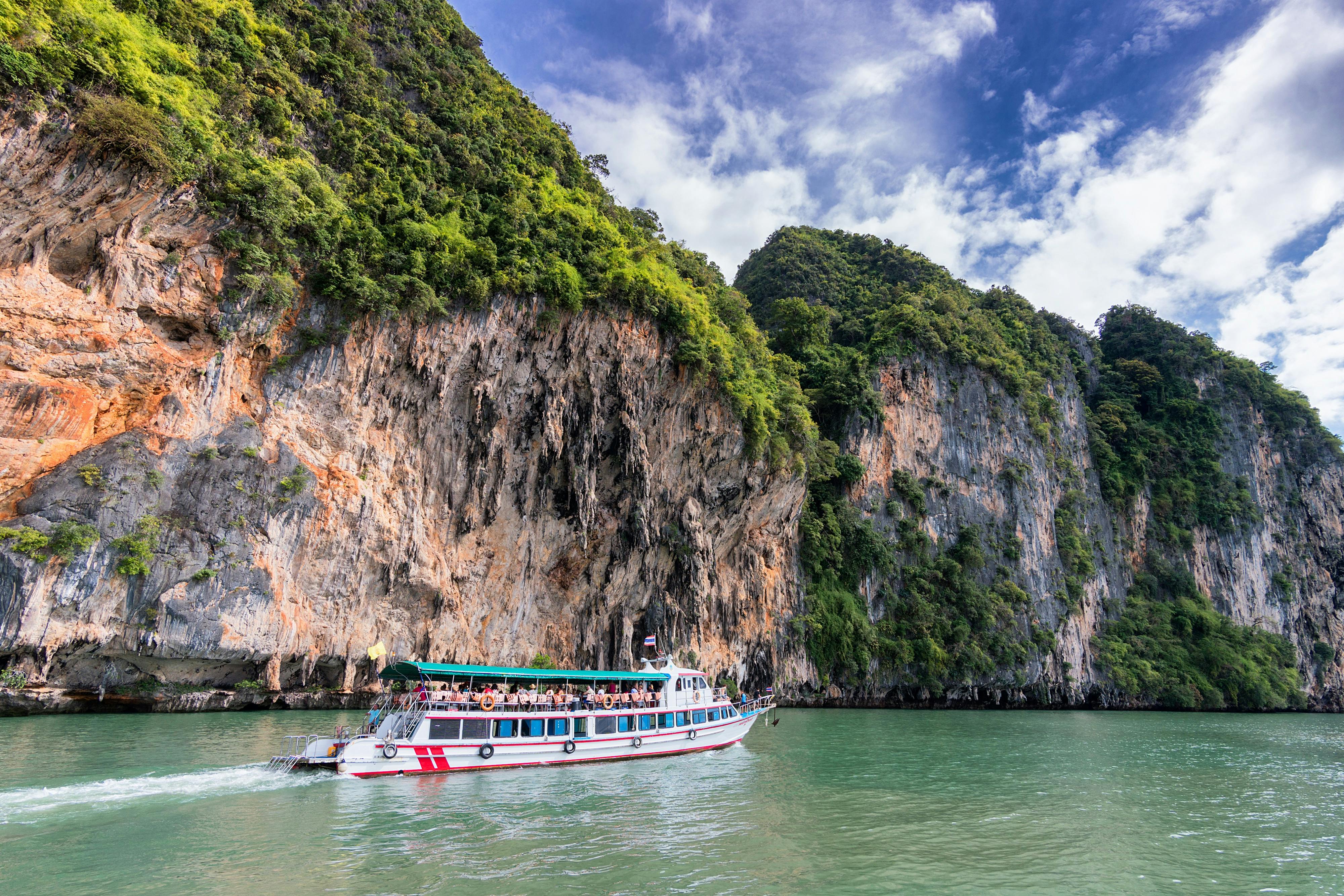Destinations Where You Can Have Incredible Ethical Wildlife Encounters
In a world increasingly dominated by urban landscapes and digital connections, the allure of the wild remains a powerful draw for many. The opportunity to engage with nature in authentic and ethical ways is not only a balm for the soul but also a crucial component in the global effort to conserve our planet's biodiversity. This article embarks on a journey through 8 spectacular destinations where incredible ethical wildlife encounters await. These experiences are meticulously curated to ensure that they not only provide unforgettable memories but also contribute positively to the conservation of wildlife and their habitats. Each destination offers a unique blend of natural beauty, cultural richness, and a commitment to sustainability, inviting travelers to roam among wonders while respecting the delicate balance of life on Earth.
1. The Serengeti: Witnessing the Great Migration
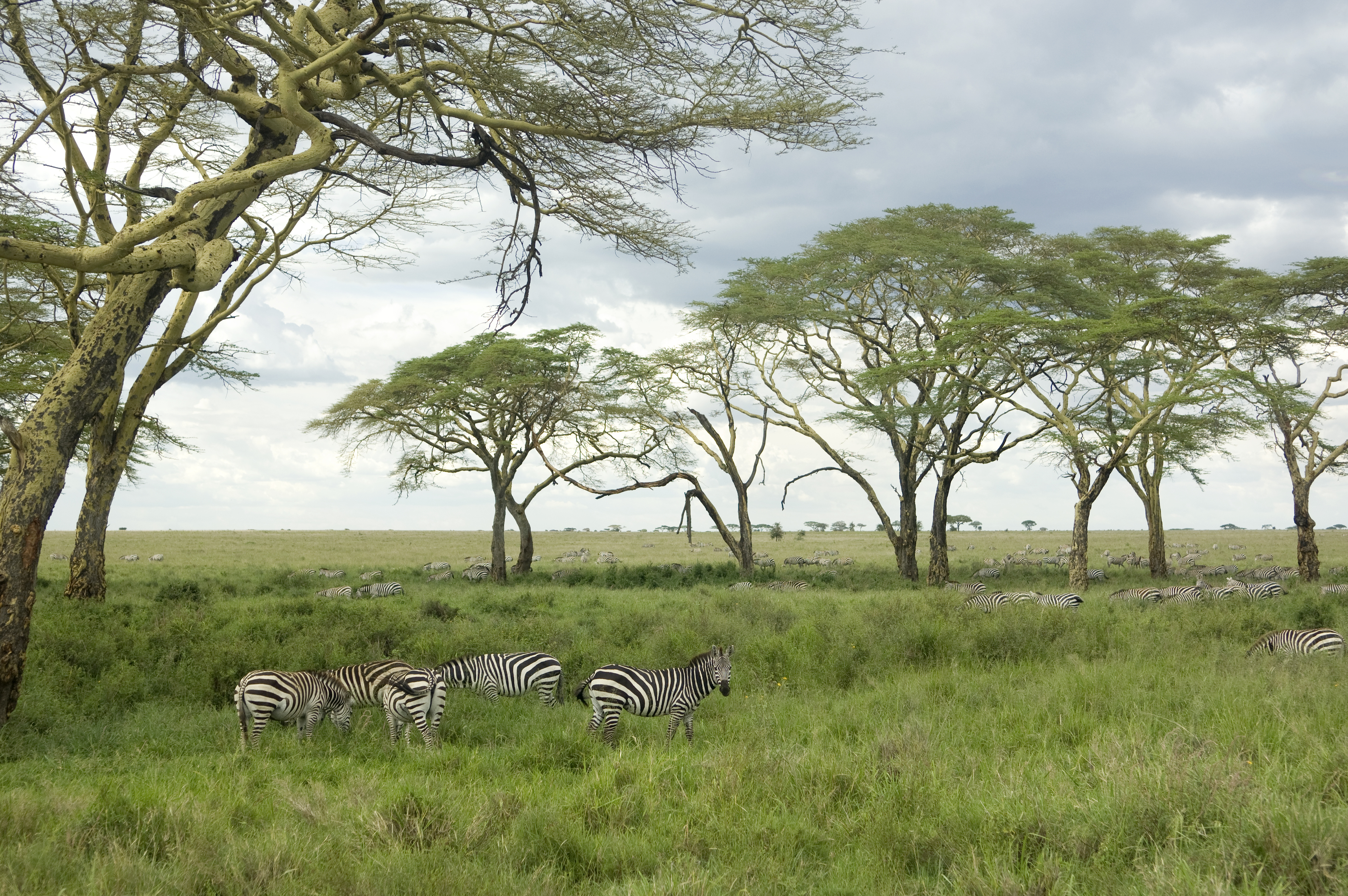
The Serengeti, a vast ecosystem in East Africa, is synonymous with the Great Migration, one of the most awe-inspiring wildlife spectacles on the planet. Each year, over two million wildebeest, zebras, and gazelles traverse the plains in search of greener pastures, a journey fraught with danger from predators and treacherous river crossings. Ethical safaris in the Serengeti prioritize low-impact tourism, ensuring that the natural behavior of the animals is not disrupted. Visitors are encouraged to observe from a respectful distance, allowing the wildlife to roam freely and naturally. This approach not only preserves the integrity of the ecosystem but also enhances the authenticity of the experience, providing a true glimpse into the circle of life.
2. Borneo: The Last Stronghold of Orangutans
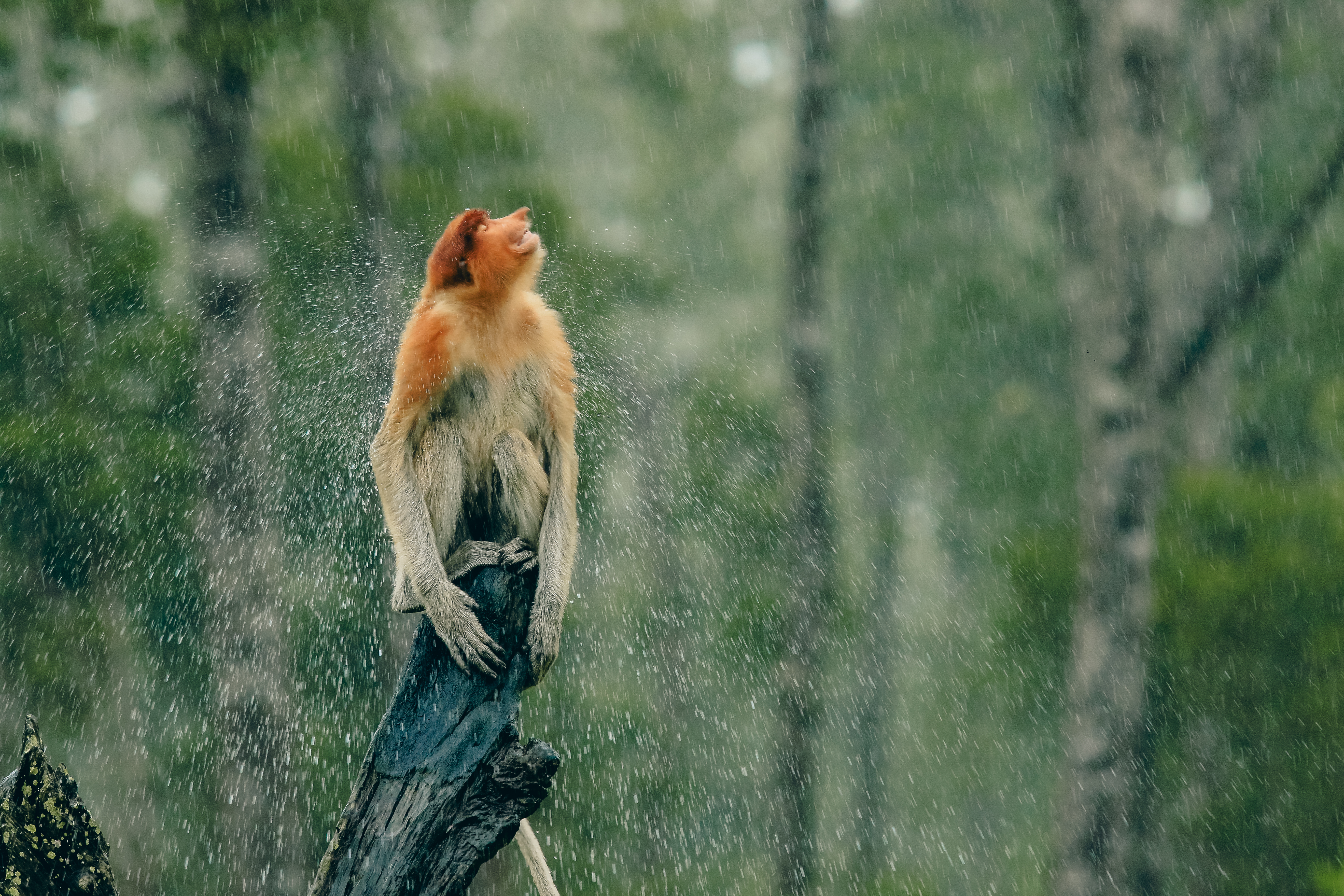
Borneo, the third-largest island in the world, is home to the critically endangered orangutan. These great apes share 97% of their DNA with humans, making encounters with them both humbling and enlightening. Ethical wildlife tours in Borneo focus on supporting rehabilitation centers and sanctuaries that work tirelessly to protect and rehabilitate orangutans affected by deforestation and illegal wildlife trade. By participating in these tours, travelers contribute to conservation efforts and gain insight into the challenges faced by these remarkable creatures. The lush rainforests of Borneo offer a vibrant backdrop for these encounters, teeming with biodiversity and natural beauty.
3. The Galápagos Islands: Evolution's Living Laboratory
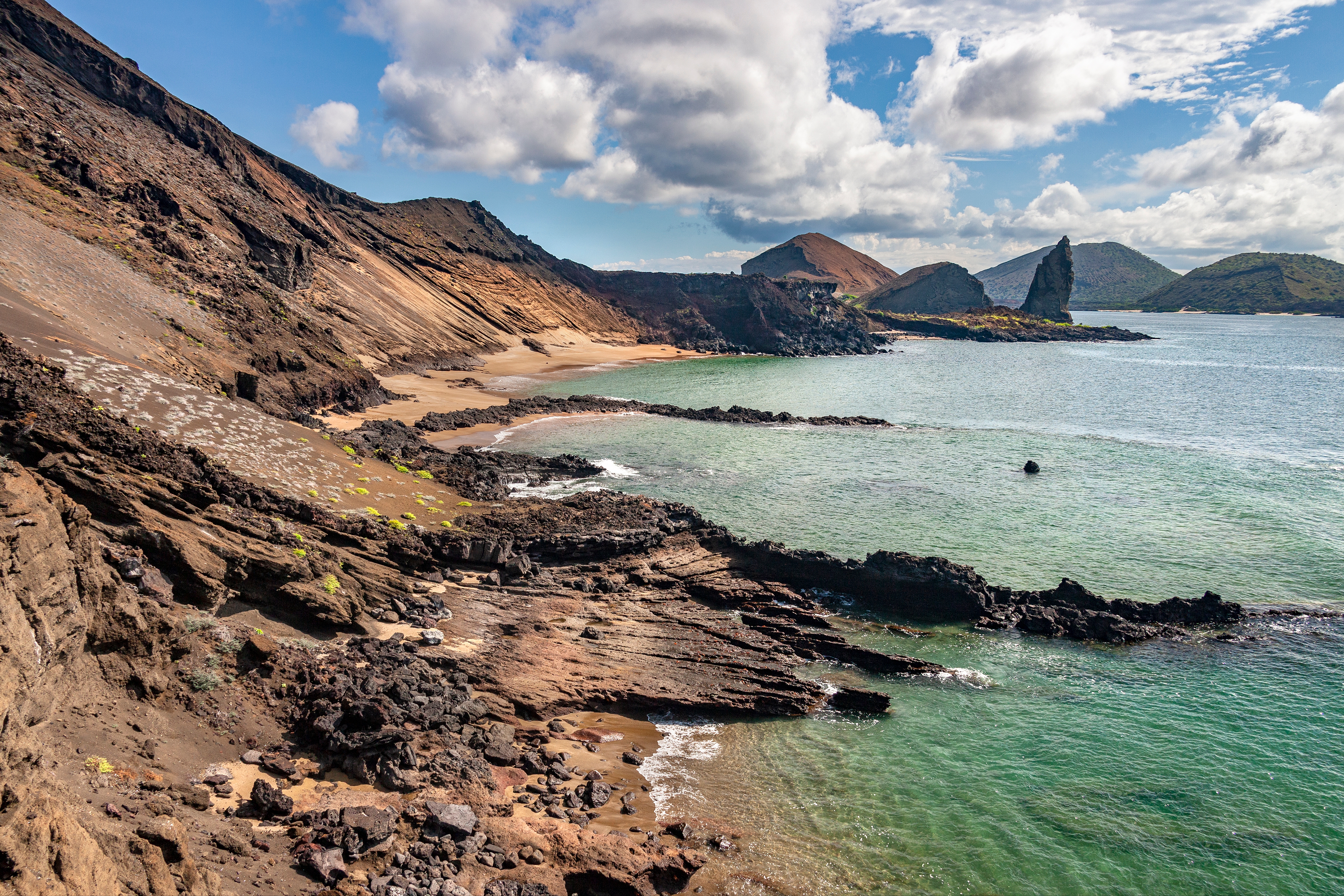
The Galápagos Islands, an archipelago of volcanic islands in the Pacific Ocean, are renowned for their unique wildlife and pivotal role in Charles Darwin's theory of evolution. The islands are a haven for ethical wildlife encounters, with strict regulations in place to protect the fragile ecosystems. Visitors can observe giant tortoises, marine iguanas, and blue-footed boobies in their natural habitats, guided by knowledgeable naturalists who emphasize the importance of conservation. The Galápagos offer a rare opportunity to witness evolution in action, where species have adapted to the islands' diverse environments over millennia, creating a living laboratory of natural history.
4. Costa Rica: A Biodiversity Hotspot
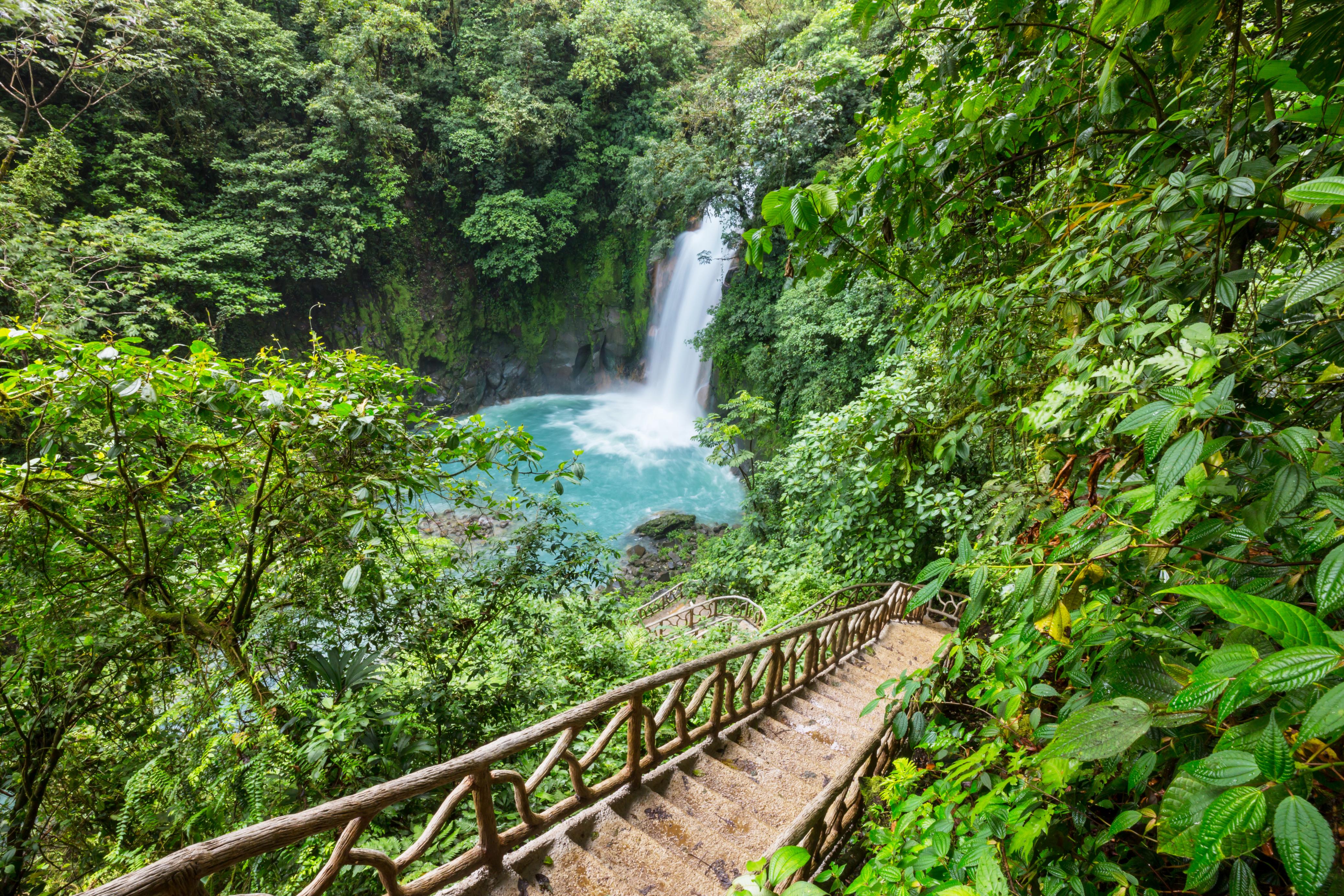
Costa Rica, a small Central American country, is a global leader in ecotourism and biodiversity conservation. With over 25% of its land designated as protected areas, it offers a myriad of opportunities for ethical wildlife encounters. From the lush rainforests of Corcovado National Park to the cloud forests of Monteverde, travelers can witness a staggering variety of species, including jaguars, sloths, and vibrant birdlife. Costa Rica's commitment to sustainability is evident in its eco-friendly lodges and community-based conservation initiatives, which provide economic benefits to local communities while preserving the country's rich natural heritage.
5. Antarctica: The Last Frontier
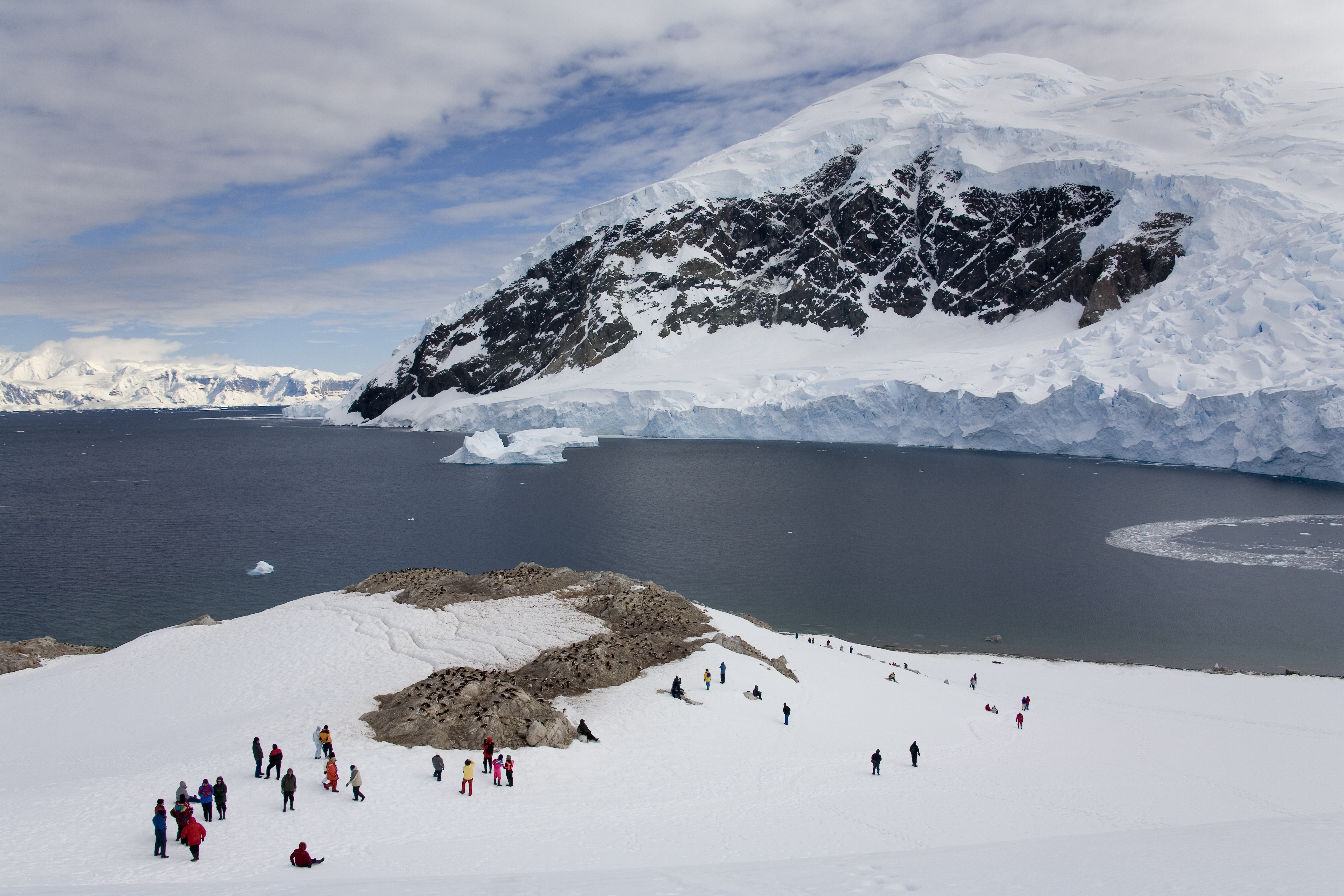
Antarctica, the Earth's southernmost continent, is a pristine wilderness that offers a once-in-a-lifetime opportunity to experience wildlife in one of the planet's most extreme environments. Ethical expeditions to Antarctica are carefully regulated to minimize human impact, ensuring that the continent's delicate ecosystems remain untouched. Travelers can witness vast colonies of penguins, seals basking on ice floes, and majestic whales breaching in the icy waters. The stark beauty of Antarctica's icy landscapes, combined with its unique wildlife, creates a profound sense of connection to the natural world and underscores the importance of preserving this last frontier.
6. Madagascar: An Island of Endemism
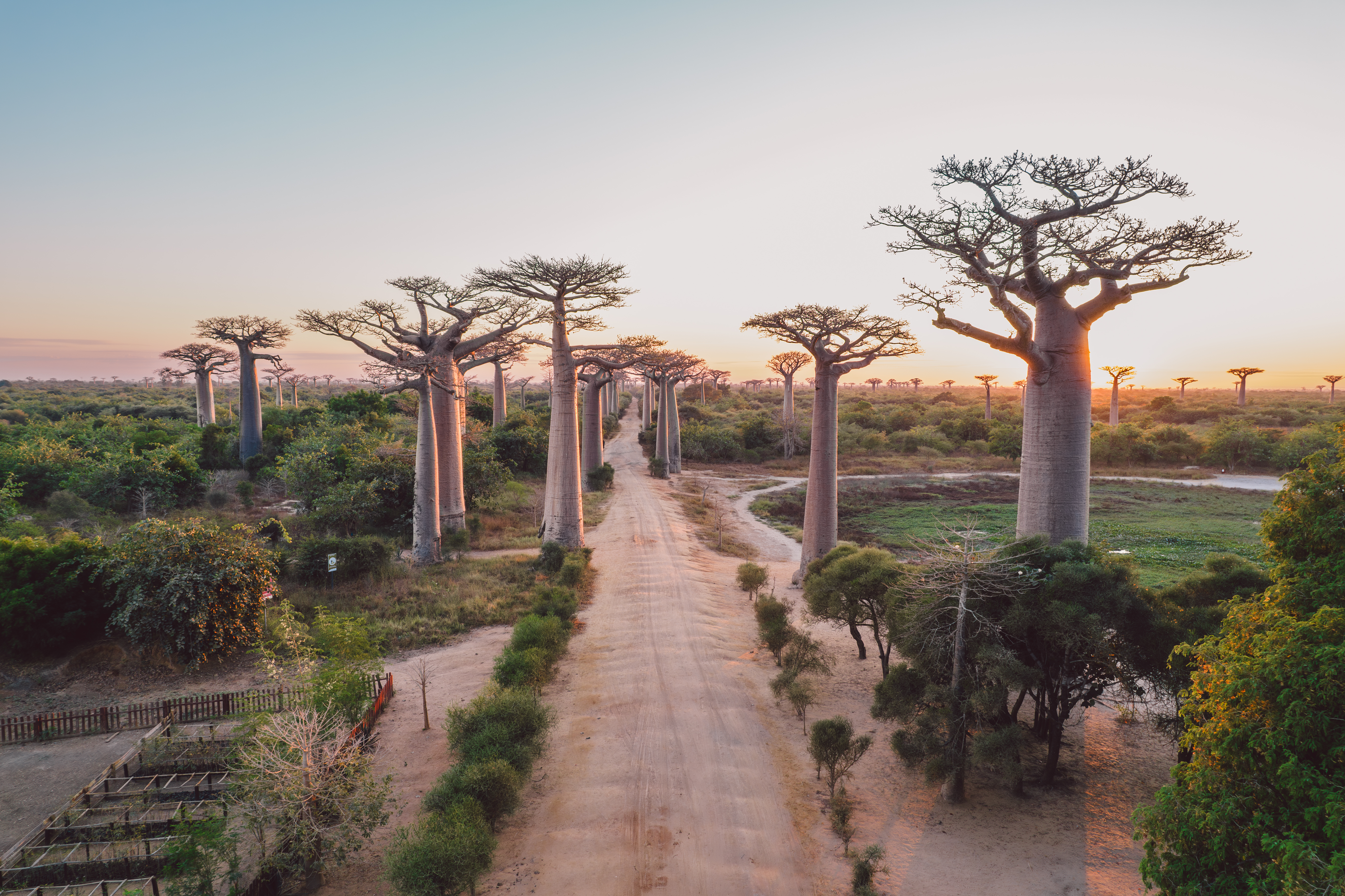
Madagascar, an island nation off the southeast coast of Africa, is a treasure trove of endemic species found nowhere else on Earth. From the iconic lemurs to the enigmatic fossa, Madagascar's wildlife is as unique as it is diverse. Ethical wildlife tours in Madagascar prioritize conservation and community engagement, working with local guides and supporting initiatives that protect the island's threatened habitats. By exploring Madagascar's rainforests, travelers not only encounter its extraordinary wildlife but also contribute to efforts to preserve its natural wonders for future generations.
7. The Amazon Rainforest: The Lungs of the Earth
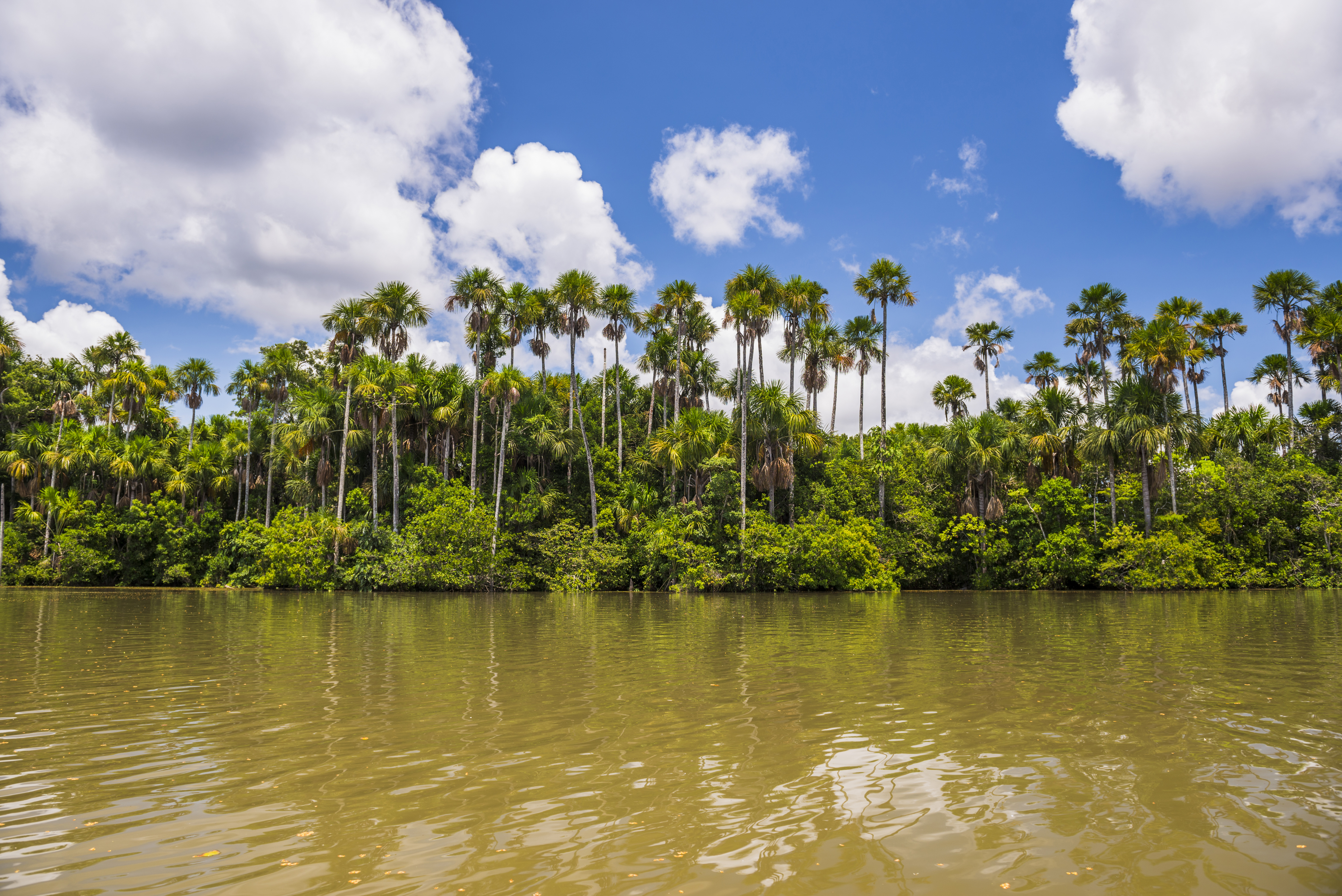
The Amazon Rainforest, spanning nine countries in South America, is the largest tropical rainforest in the world and a vital component of the Earth's ecosystem. Ethical wildlife encounters in the Amazon focus on sustainable tourism practices that support indigenous communities and protect the rainforest's unparalleled biodiversity. Travelers can explore the rainforest's dense canopy, home to an astonishing array of species, including jaguars, pink river dolphins, and vibrant macaws. The Amazon offers a profound reminder of the interconnectedness of all life on Earth and the urgent need to protect this vital resource.
8. India: The Land of the Tiger

India, a country of remarkable diversity, is home to the majestic Bengal tiger, a symbol of strength and grace. Ethical tiger safaris in India prioritize conservation and habitat protection, working to ensure the survival of this iconic species. Visitors to India's national parks, such as Ranthambore and Bandhavgarh, can experience the thrill of spotting a tiger in the wild while supporting efforts to combat poaching and habitat loss. India's commitment to wildlife conservation is reflected in its extensive network of protected areas, which provide a sanctuary for the country's rich array of wildlife.
As we conclude our journey through these nine spectacular destinations, it is clear that ethical wildlife encounters offer more than just the thrill of seeing animals in their natural habitats. They provide an opportunity to connect with nature, support conservation efforts, and contribute to the preservation of our planet's biodiversity. By choosing to engage with wildlife ethically, travelers become ambassadors for conservation, spreading awareness and inspiring others to appreciate and protect the wonders of the natural world. These encounters remind us of our responsibility to safeguard the Earth's precious ecosystems, ensuring that future generations can continue to roam among wonders where incredible wildlife encounters await.



